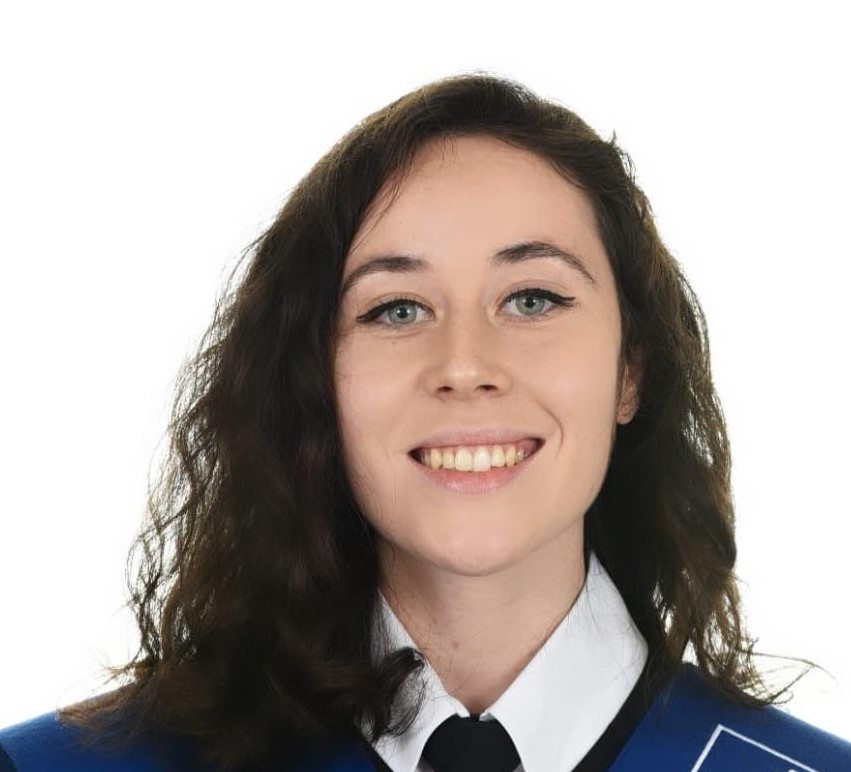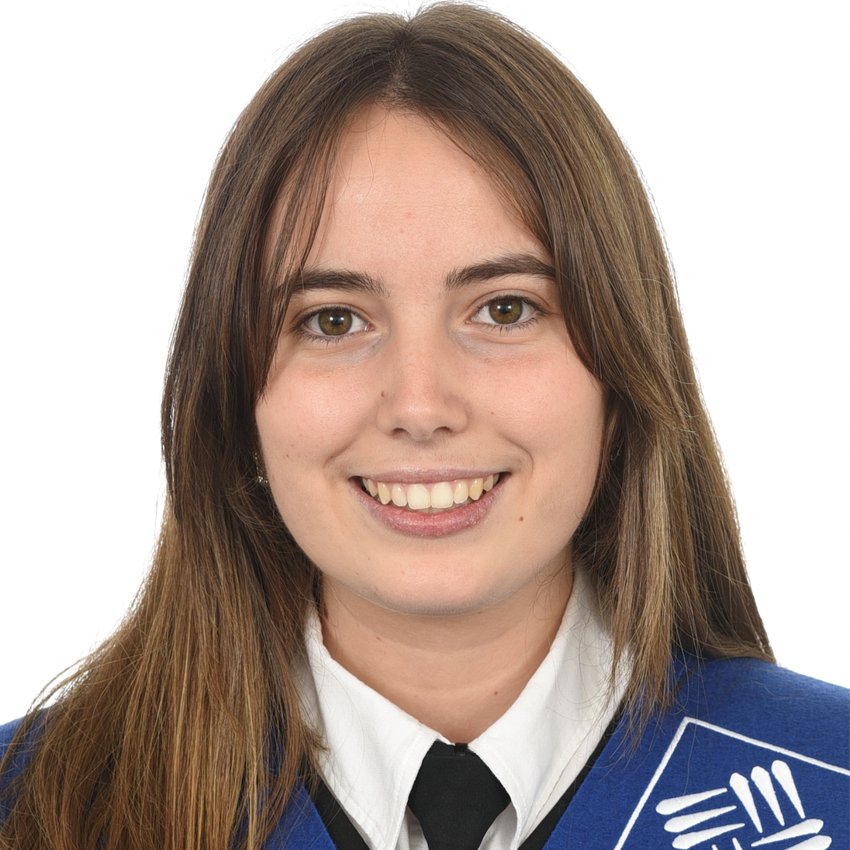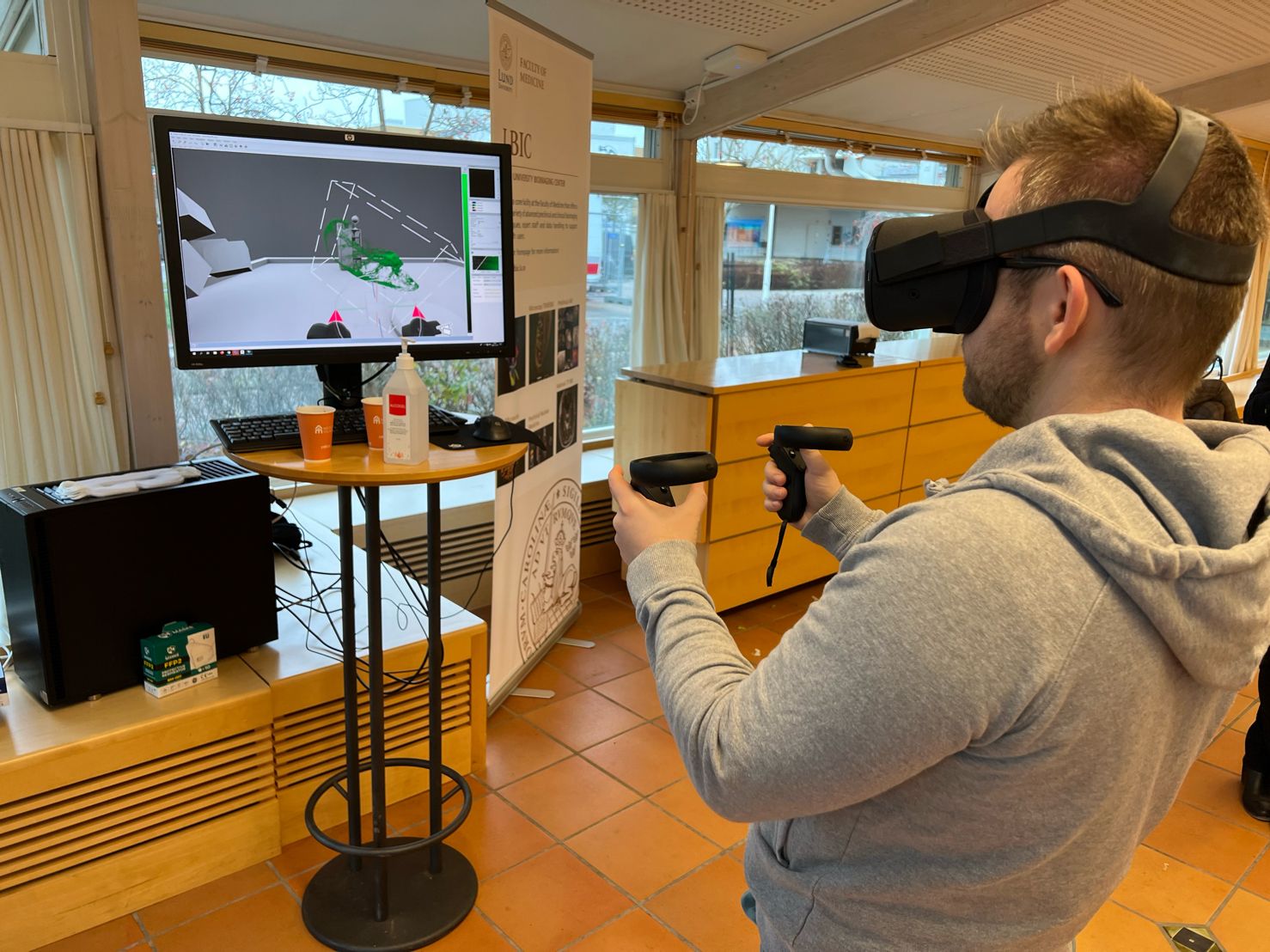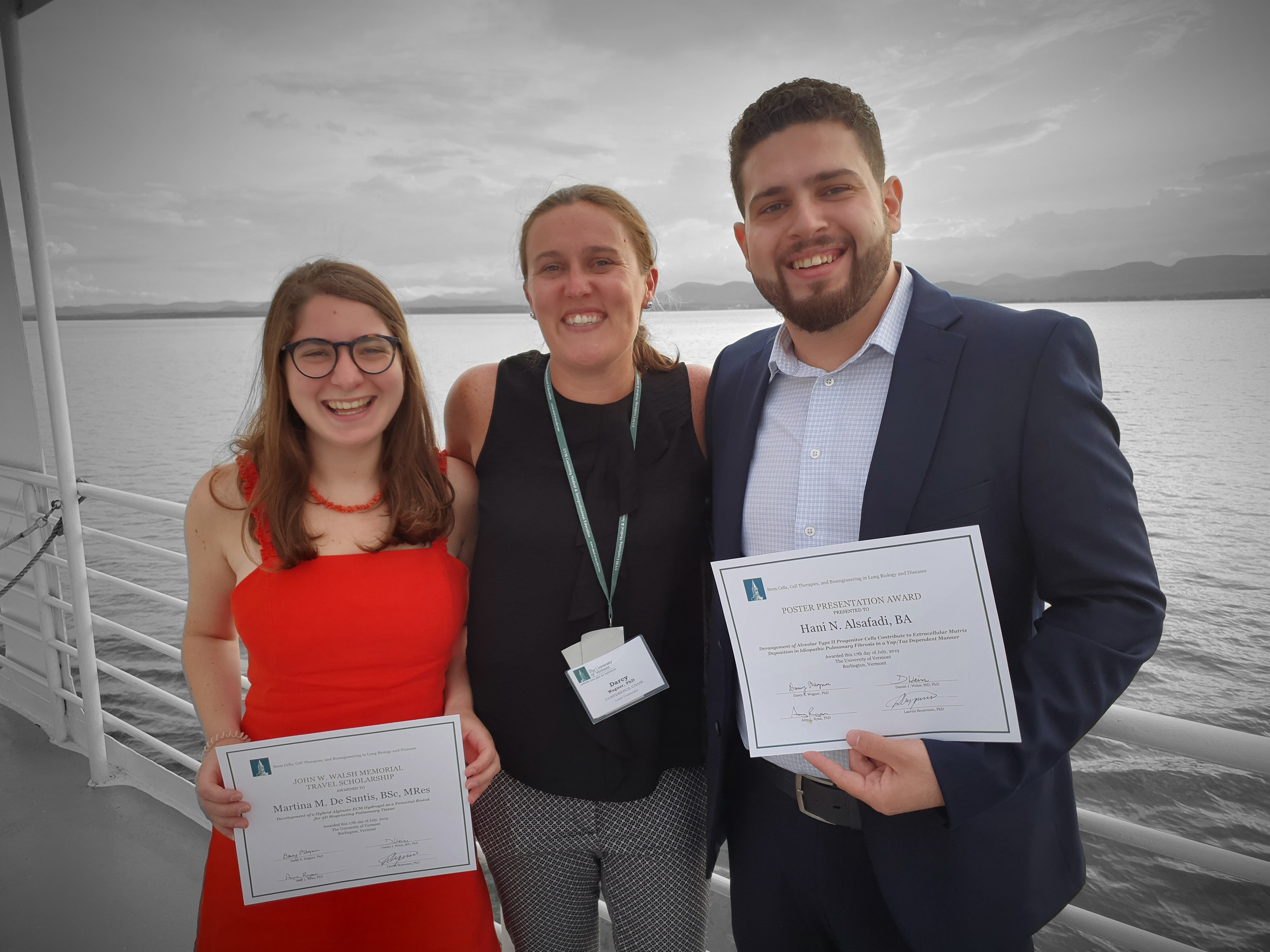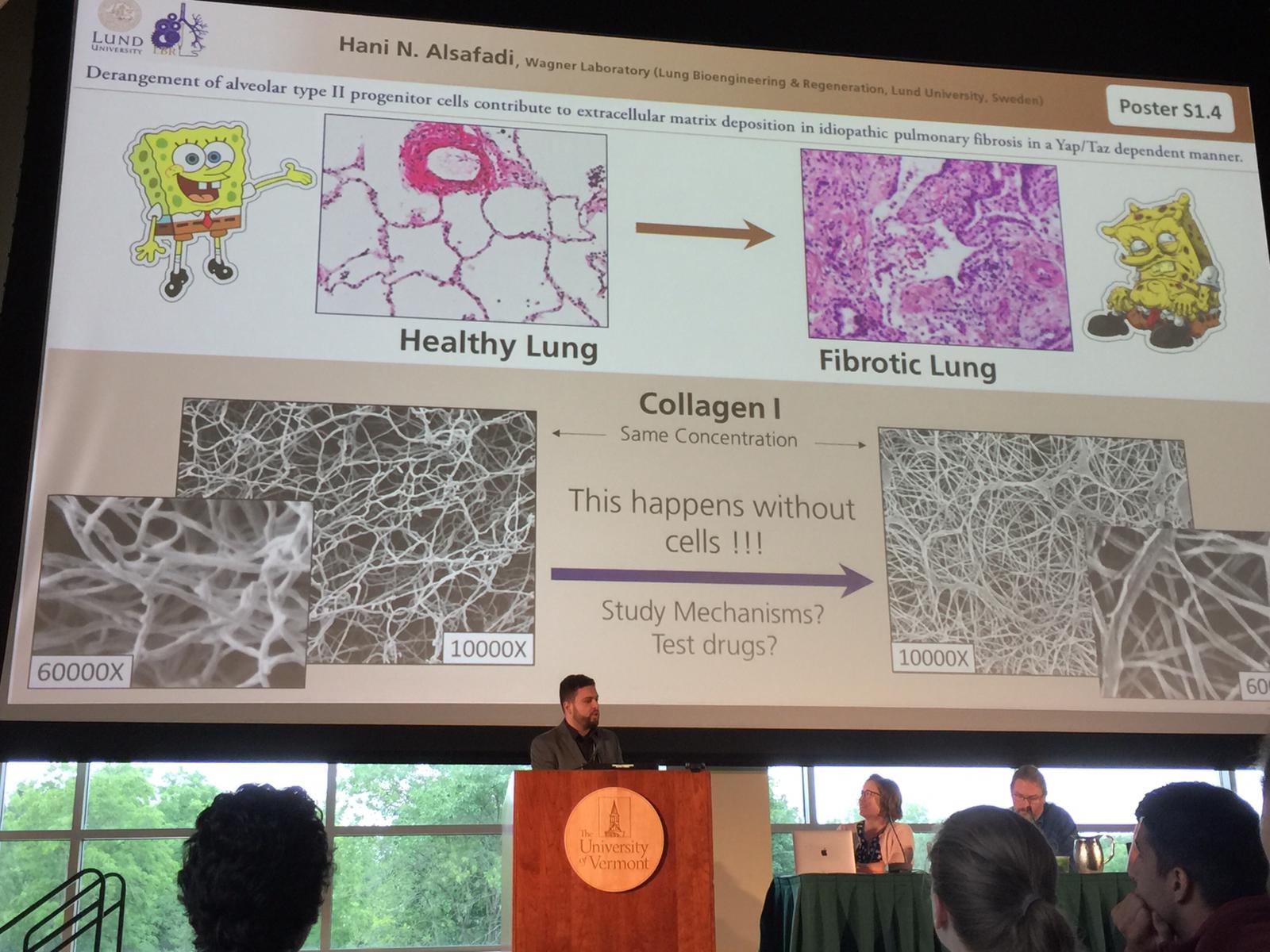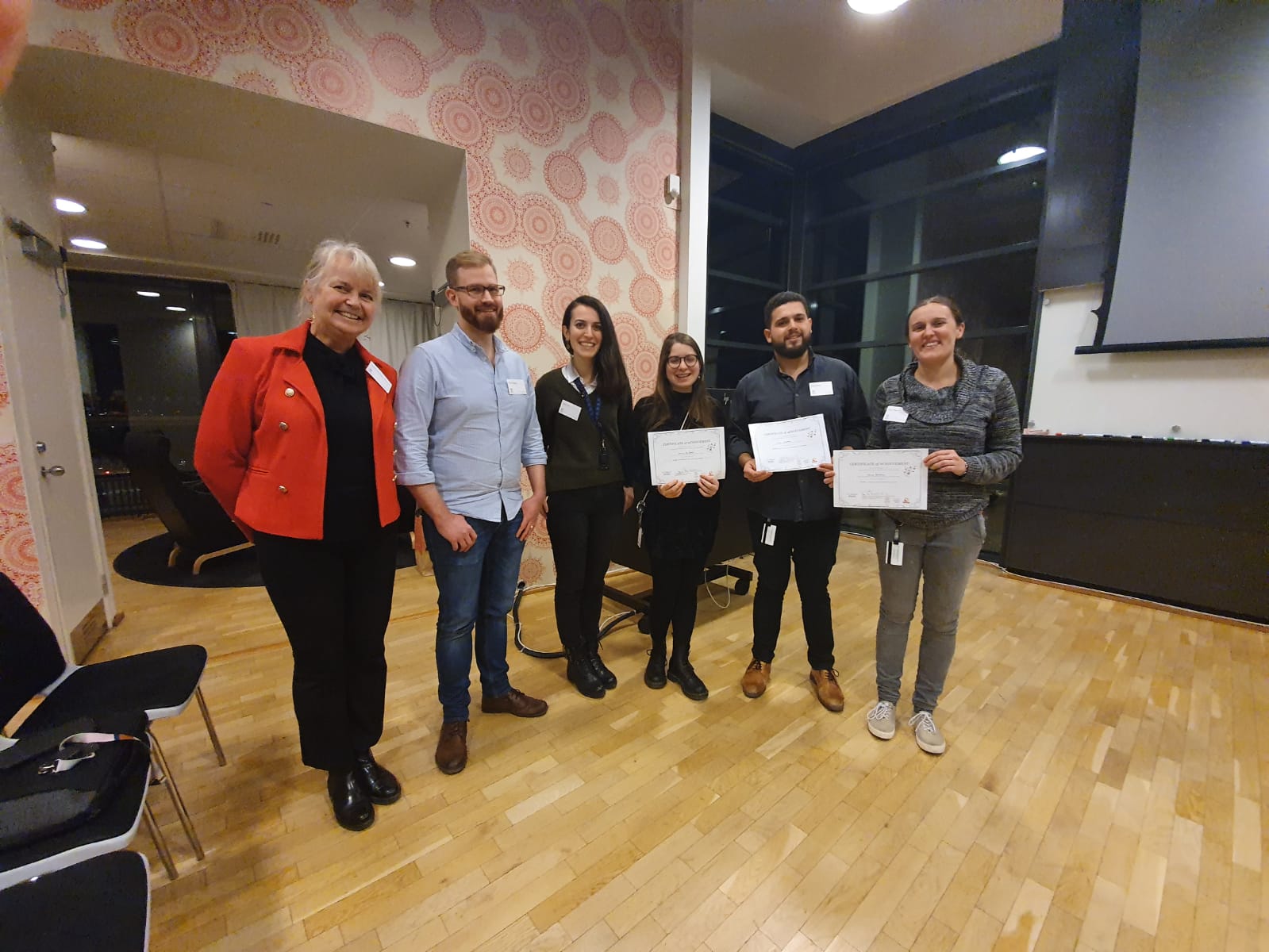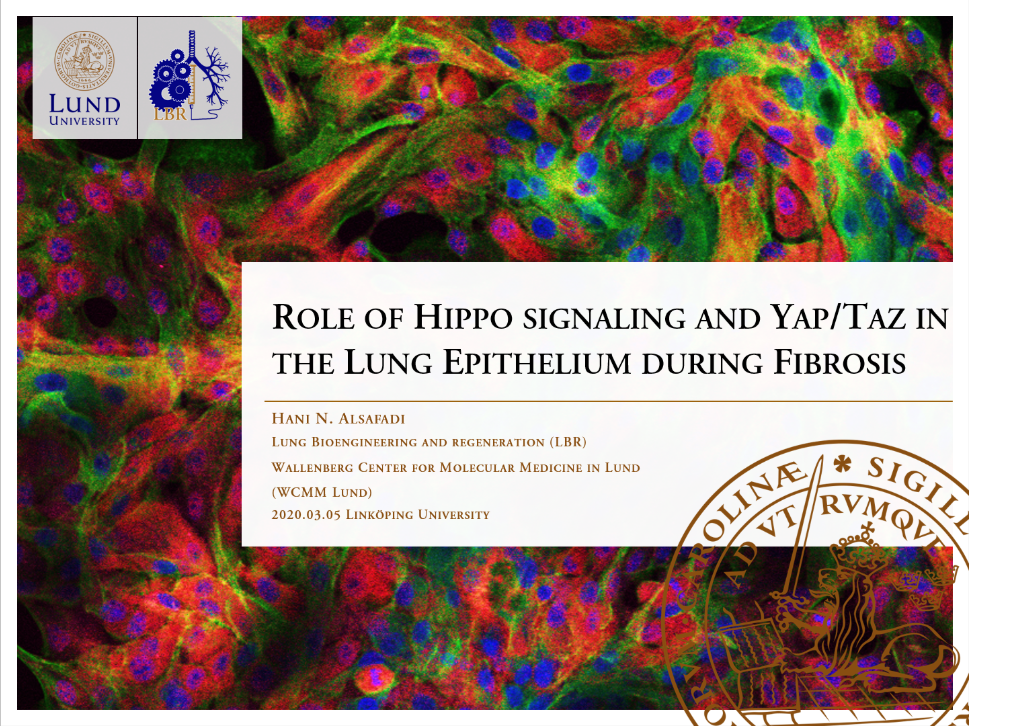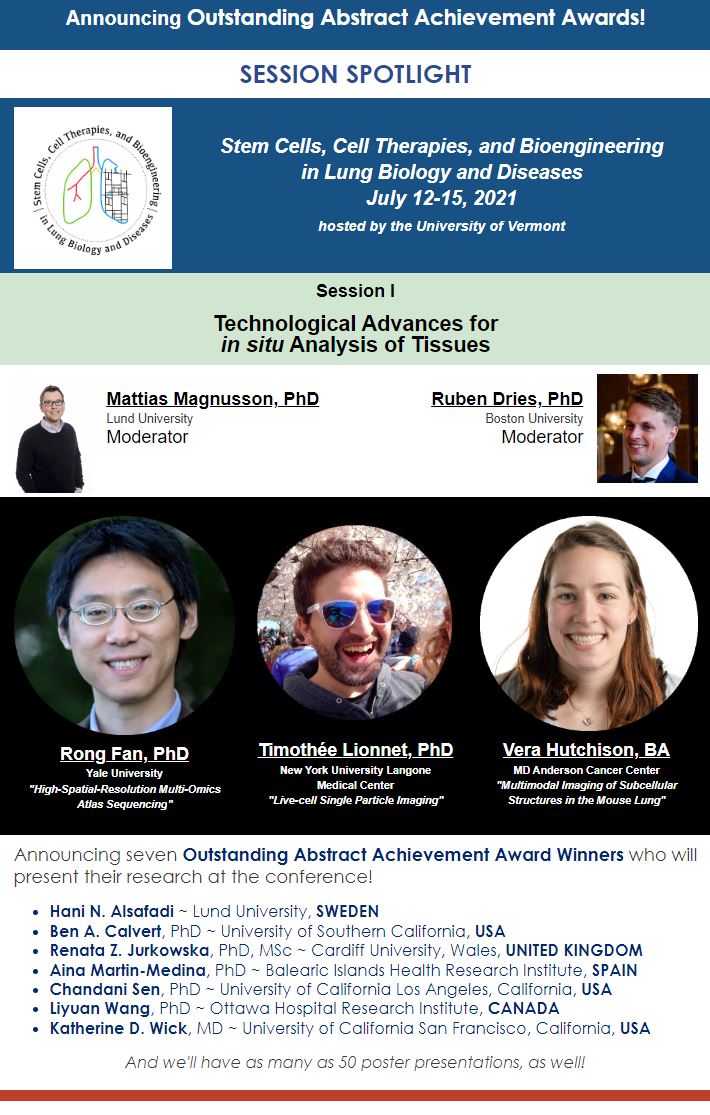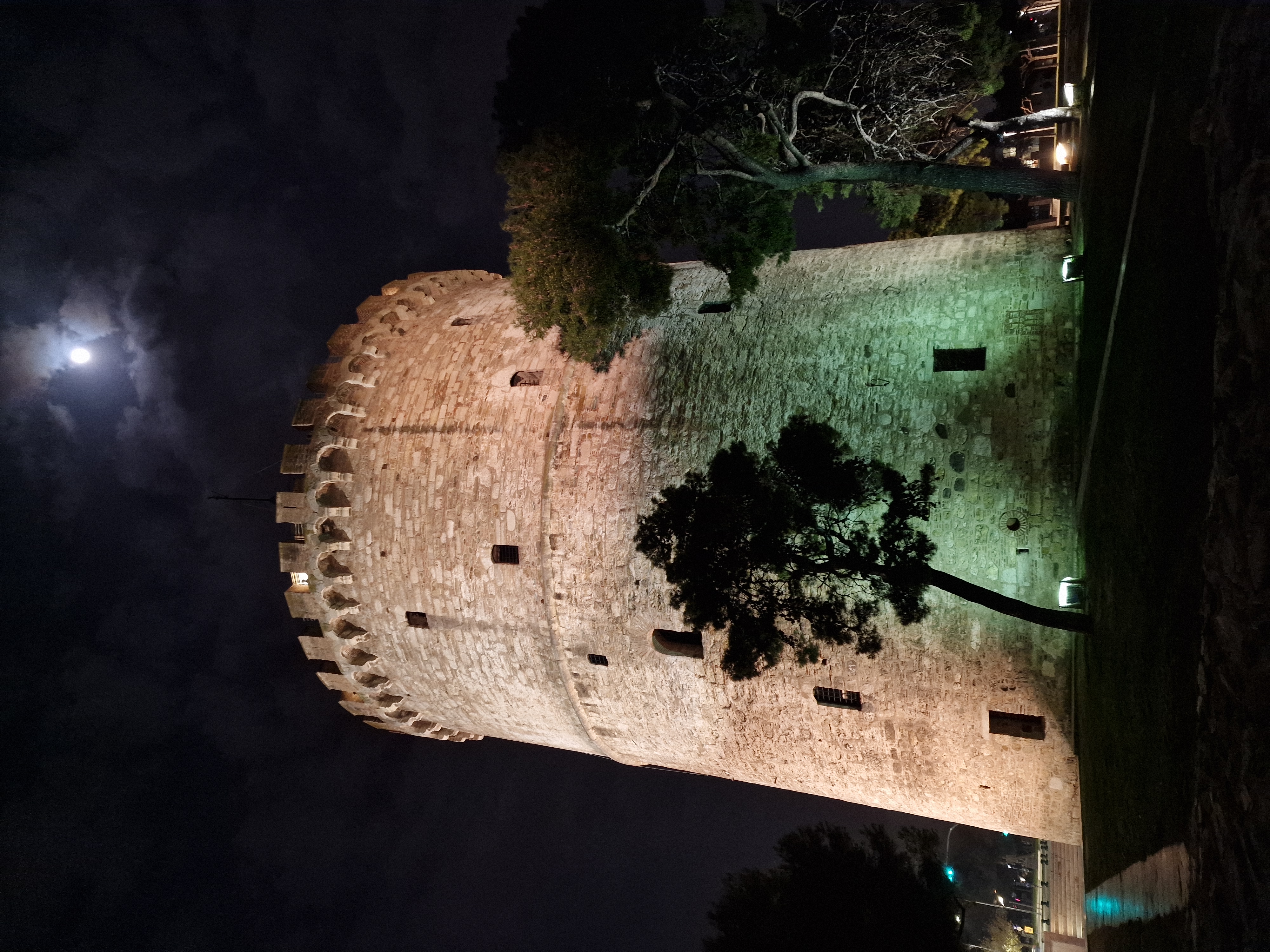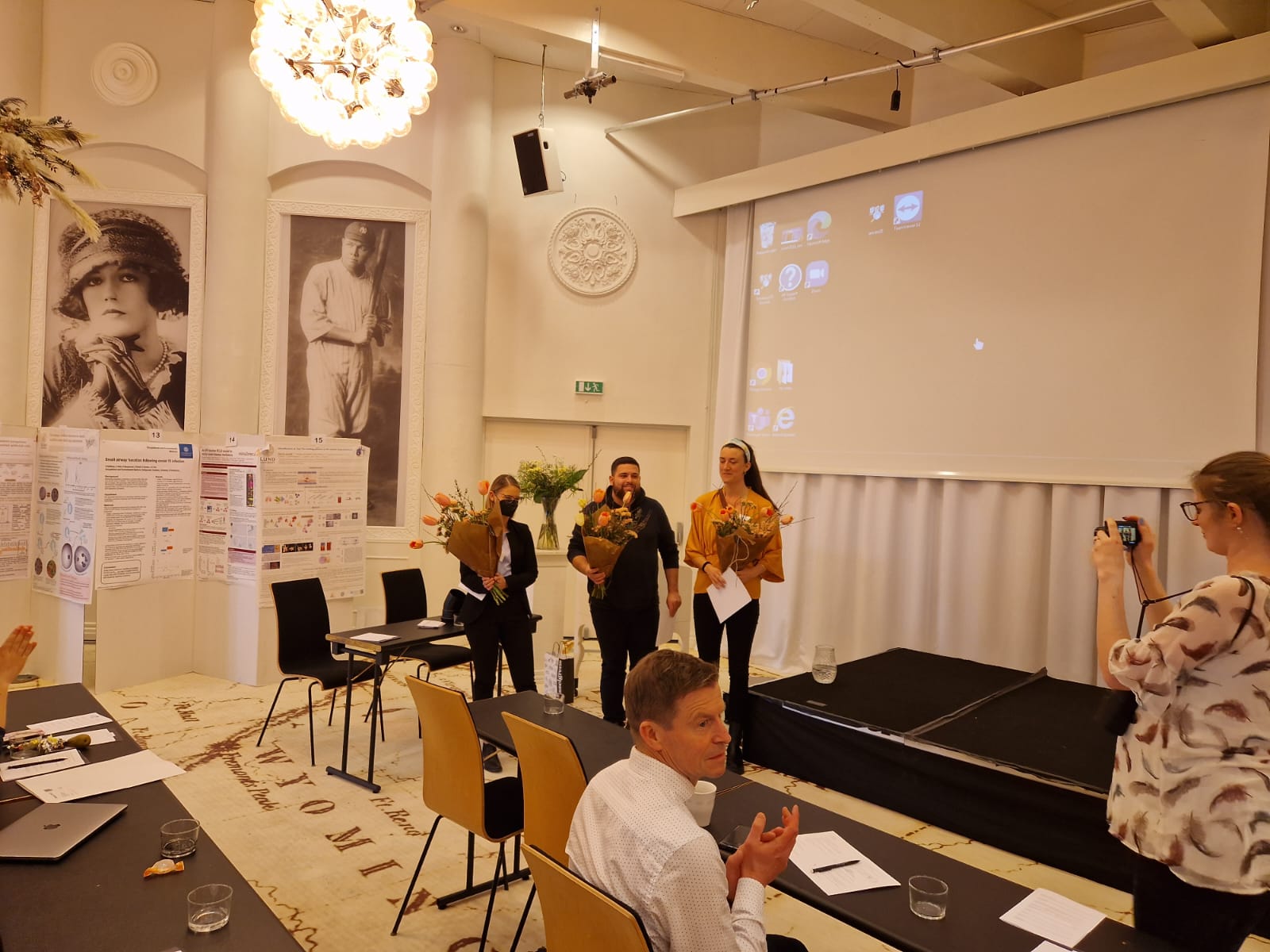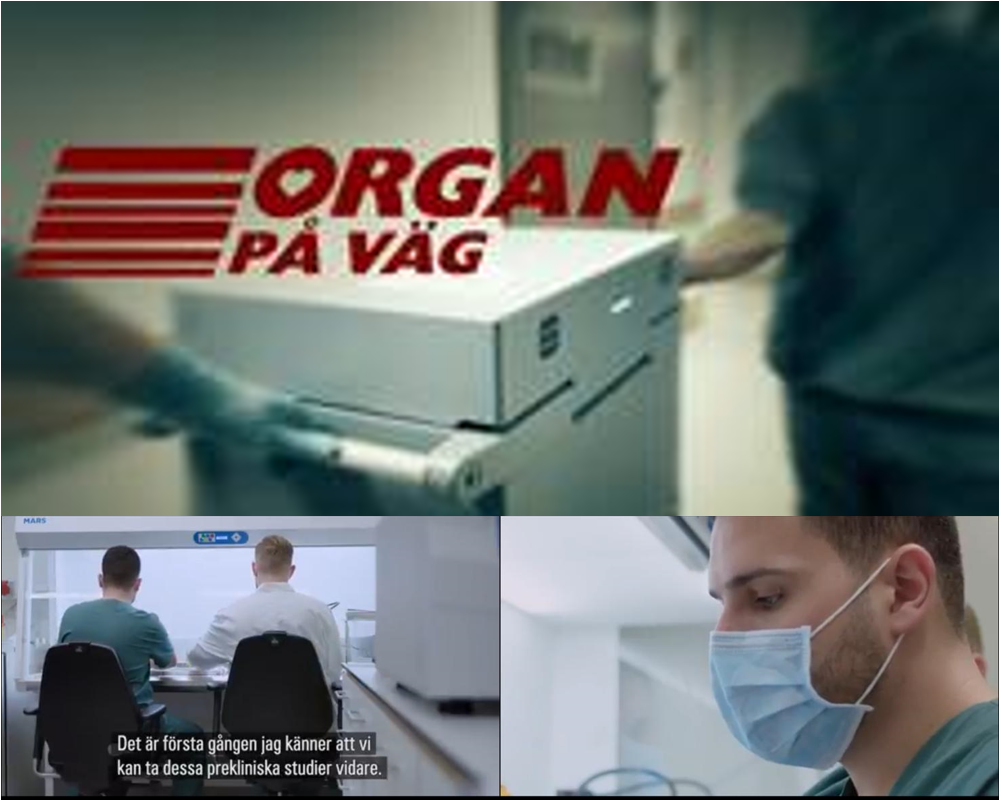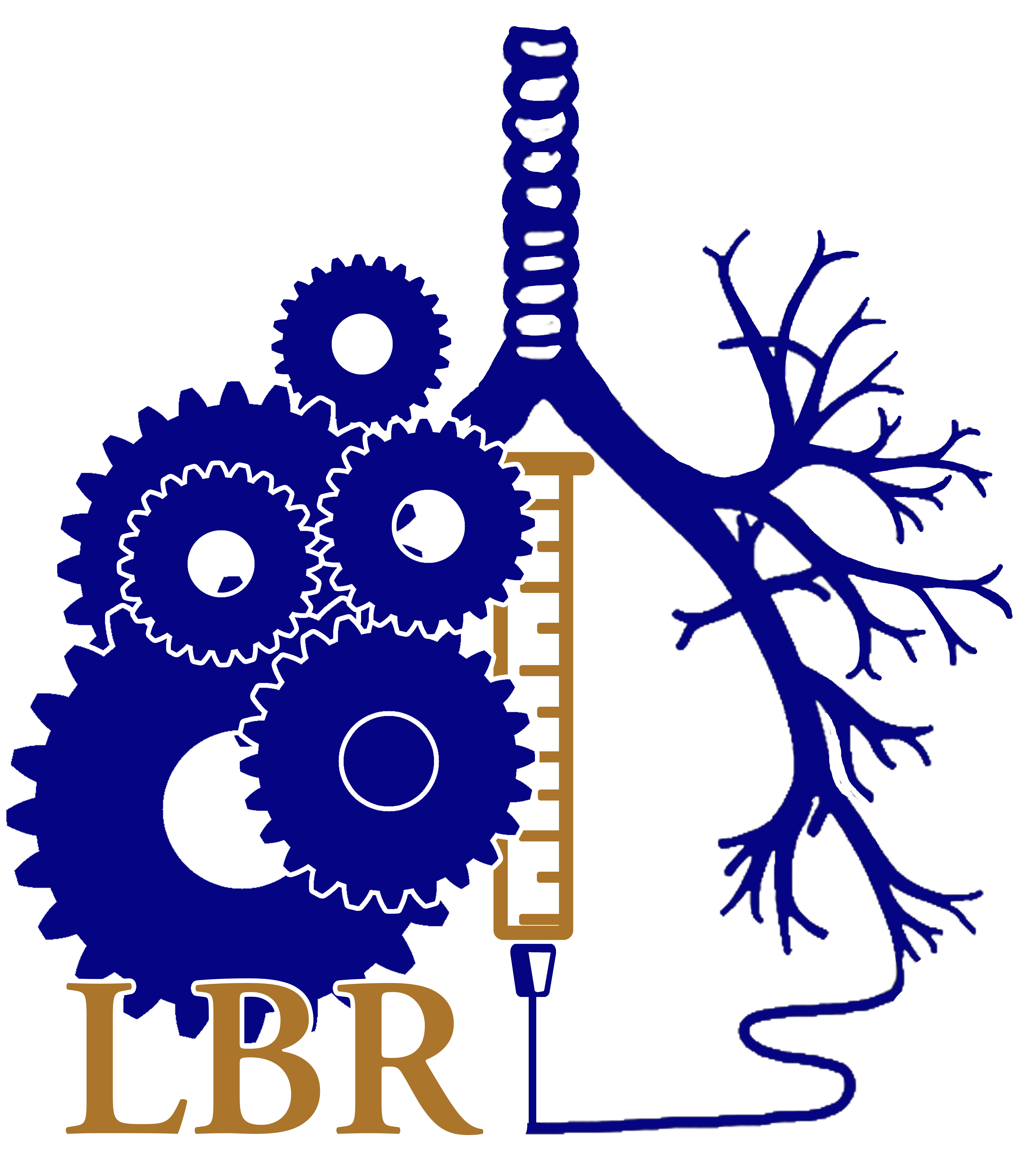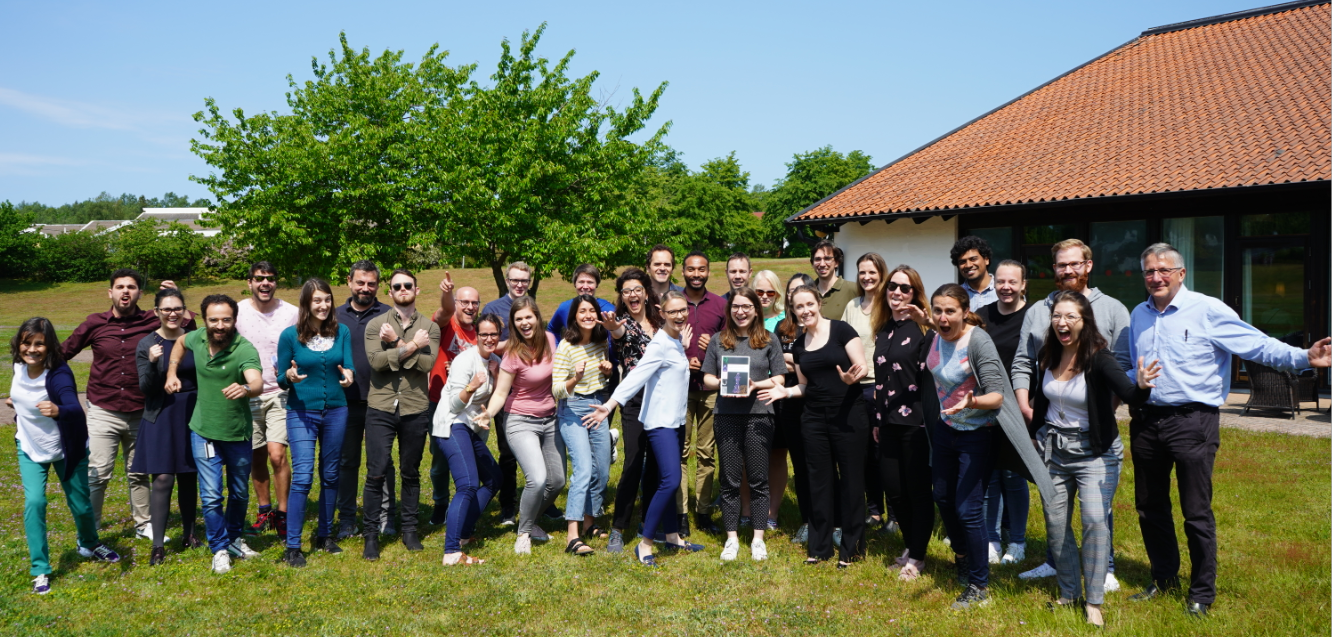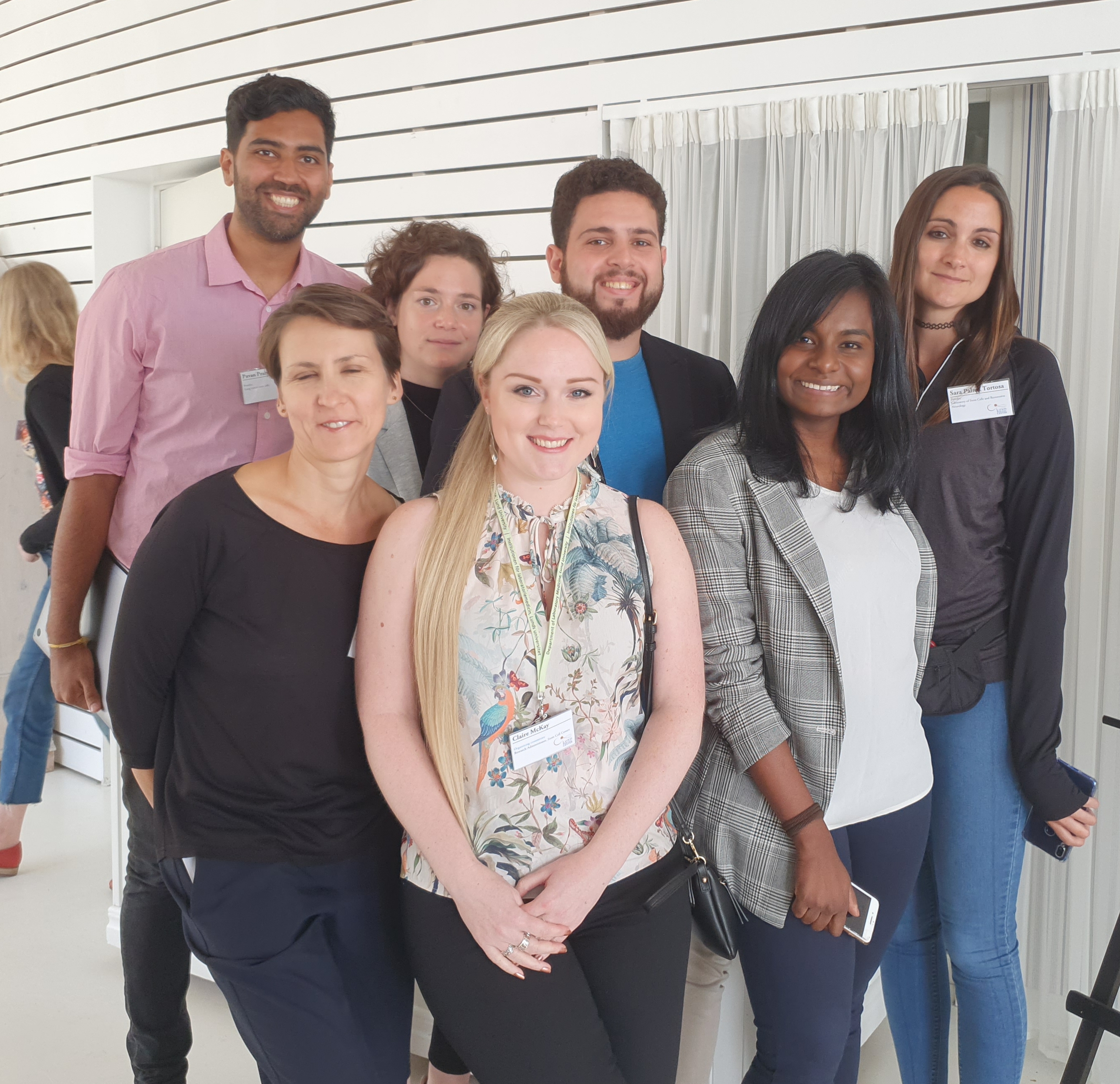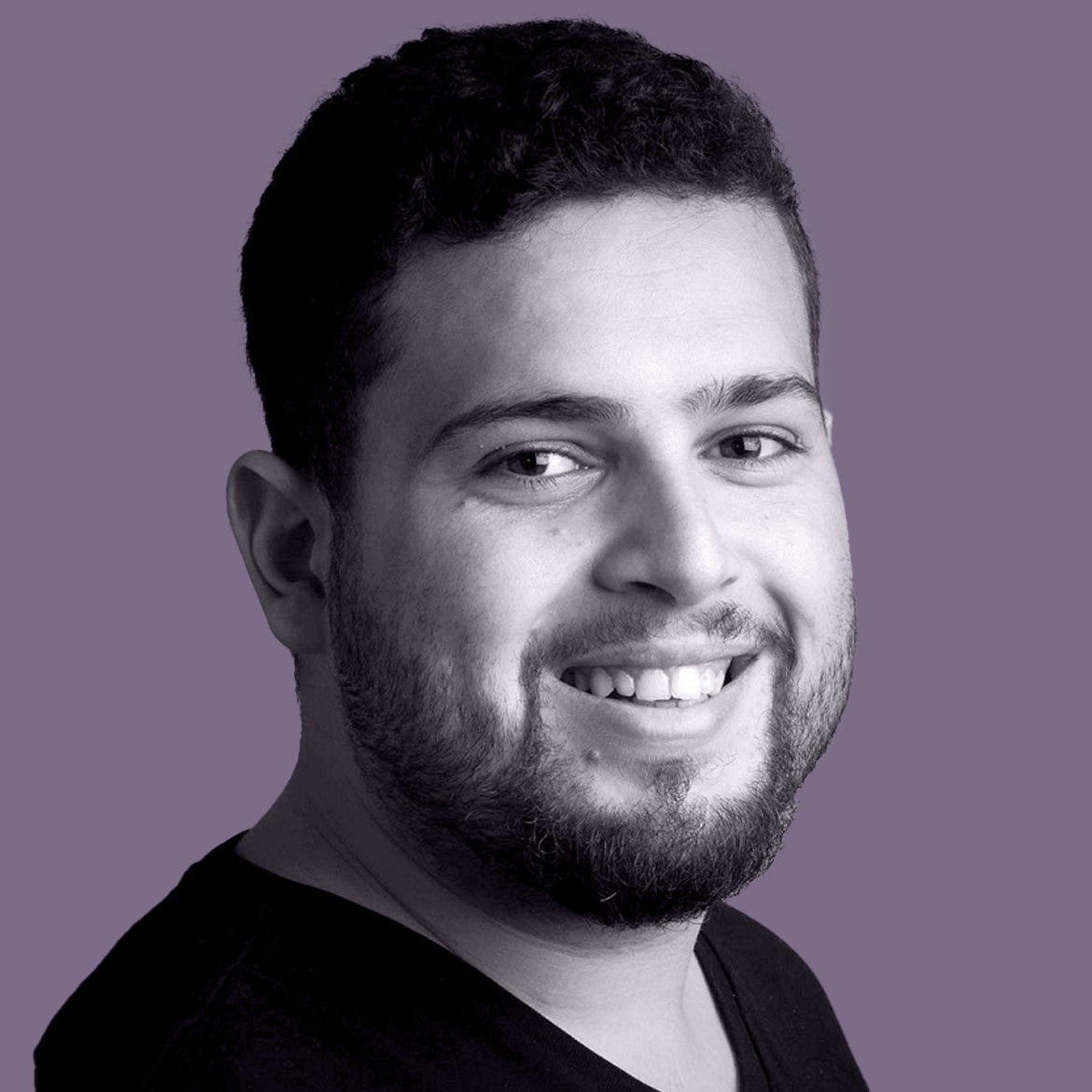
- Dr. Hani N. Alsafadi
- Swedish Male Married (3 Children)
- Revärgatan 5 LGH 1002, 254 23 Helsingborg, Sweden
- Grusvägen 13A, 254 64 Helsingborg, Sweden
- +46(0)768722033 ●
- hani.alsafadi@scidetech.com ● hani.ns.safadi@gmail.com
PhD Portfolio - 2022
About me
I was born and raised in Gaza, Palestine. I left home at the age of 17 to pursue my education abroad starting with the international baccalaureate (IB) in Italy followed by bachelor’s degree in the USA and master courses in Germany. I was admitted to the PhD course in August of 2018 at the group of Dr. Darcy Wagner, Lung bioengineering and regeneration (LBR). My PhD project is to explore the context dependence of the co-transcriptional factors Yap and Taz in in the lung epithelium of Idiopathic Pulmonary Fibrosis (IPF).
About the portfolio
This portfolio is a form of documentation of the fulfillment of the learning outcomes of the PhD. It covers various reflections in all the different aspects of the PhD. The portfolio is intended to promote and enhance reflection on the different outcomes of the PhD degree. The learning outcomes of the PhD are categorized in 12 categories; each entry in these sections below represents either a reflection on the learning outcomes or a documentation of a specific event/activity pertaining to the PhD. The entries are not ordered chronologically, however, they are ordered in a sequence that suites the content.
I hope that by reading this portfolio, you will have an insight into my journey through the PhD.
01. RESEARCH PROCESS
The research process is complex one that is tailored and designed to address the questions given at hand. However, the research process is not limited to performing and executing experiments, but it includes all the necessary steps for a researcher to be able to perform the research. In this section, you will find selected reflection of the research process throughout the PhD:
02. RESEARCH METHODOLOGY
This category encompasses the different aspects related to the methods used during my PhD. The entries selected here are either a demonstration of new techniques and methodologies I have learned, or reflections on the quality of the selected methods:
03. SUBJECT EXPERTISE
My PhD project was designed to include several state-of-the-arts techniques in order to identify the new relevant transcription factors. This required me to acquire several expertise through collaborations, courses, and interaction with the wider scientific community. Almost every single step of my project required an expertise that I did not have previously. In this section, the entries cover a various range for source of expertise:
04. PUBLICATION
I have been fortunate to go through the publication process prior to the start of the PhD. However, this process is variable based on the journal and the type of manuscript to be submitted. In this section I reflect on the publication process and list all my published contributions:
h-index: 12. Citations: 1427. As of: 2024-09-11. Profile
05. TEACHER TRAINING AND EXPERIENCE
Teaching during the PhD can be accomplished through different ways. It is possible to do the classic in-class teaching of course or laboratory course, but also it is possible to teach through supervision. During my PhD, I have:
- Taught in workshops locally and internationally
- Supervised several international bachelor students
- Co-supervised a master thesis student
- Supervised master project for writing grants
- Reviewed grant applications by PhD students/Postdocs at the WCMM research school.
- Trained several people of different academic levels on the use of different technologies.
This section includes a few examples of teaching and training I have performed during my PhD:
06. CONFERENCES AND SEMINARS
Conferences and seminars are among valuable parts of a scientist’s career. It is the direct interaction with other scientists that allows for the growth and development of someone’s abilities. If a person is does not discuss their project with others outside their environment, they will be limited in their approaches. These sort of meetings and interactions also offer several opportunities for finding collaborators.
During my PhD, I have been lucky to attend several conferences and various seminar series:
07. NATIONAL AND INTERNATIONAL COOPERATION WITH THE RESEARCH COMMUNITY
Collaborations are an important part of any scientific project. Collaborations among group members are the minimum type of collaboration every scientist can do. However, wider collaborations with other groups locally, nationally, or internationally are important to increase and promote innovation and creativity in one’s research.
In my opinion, the LU environment is quite diverse and international of sorts, thus it is already rich in diversity offering great opportunities for exchange in ideas and expertise. During my PhD I have managed to maintain a few collaborations locally at Lund.
Moreover, the wider research community in the rest of Sweden and other countries offer various opportunities for collaborations.
This section shows my approach with collaboration during the PhD:
08. COOPERATION WITH WIDER SOCIETY
While it is important to focus on our research, it is as important to communicate what we are doing with the winder society. I am mainly interested in the translational research because it could potentially influence the lives of patients. During my PhD, I have had several opportunities to share my work with the wider community:
09. ETHICAL ISSUES
Since we deal with patient material and animals in our projects, several ethical issues have to be considered to avoid any harm to anyone. While different projects have different levels of ethical discussion, I do believe that all projects without exception must have some ethical issues to discuss.
We continuously discuss ethical issues in my group and address all issues at they appear.
10. CAREER DEVELOPMENT
There are several career paths that can be taken after the PhD. When I started my PhD, I thought that the academic track is the one that I will take moving forward. However, throughout the PhD, I have changed my perspective a lot and learned a lot more about other career tracks that can suit me.
11. SUPERVISION/SUPERVISOR
Supervision styles vary greatly between supervisors and supervisees. I think it is a challenge to find out what supervision style suites a person best, but also the style that you prefer as a supervisee.
I consider myself to be generally independant and I prefer to get my supervisor involved when I think I cannot figure out the task myself. Of course, the timing of this process is very important that time isn’t wasted in the meanwhile. I discuss this topic in details with my main PhD supervisor every year at our annual meeting. Usually we analyse the previous year and make decisions for moving forward.
This section contains a few of my reflections on supervision:
12. ADMINISTRATION, ORGANISATION AND LEADERSHIP
During the PhD studies, I have been involved in several administrative/leadership activities. I think it is important to train in that manner as the amount of these activities increase as you move forward in your career. My approach during the whole PhD has been: Be involved in at least one non-phd-project related activity at all times.
The following entries will cover some of the various administrative, organizational, and leadership roles:
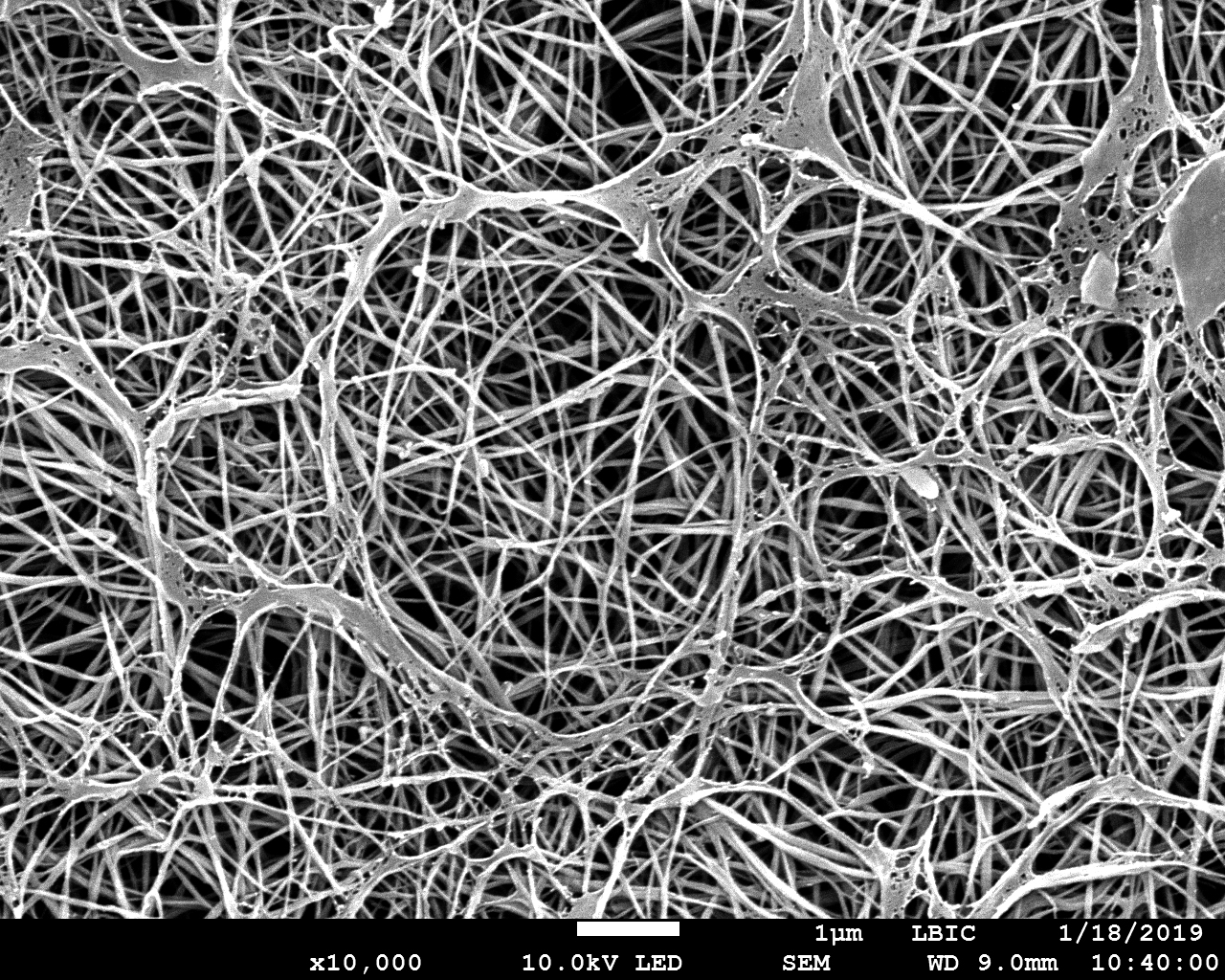 This is an image of a collagen gel formed in vitro in a 96-well plate
This is an image of a collagen gel formed in vitro in a 96-well plate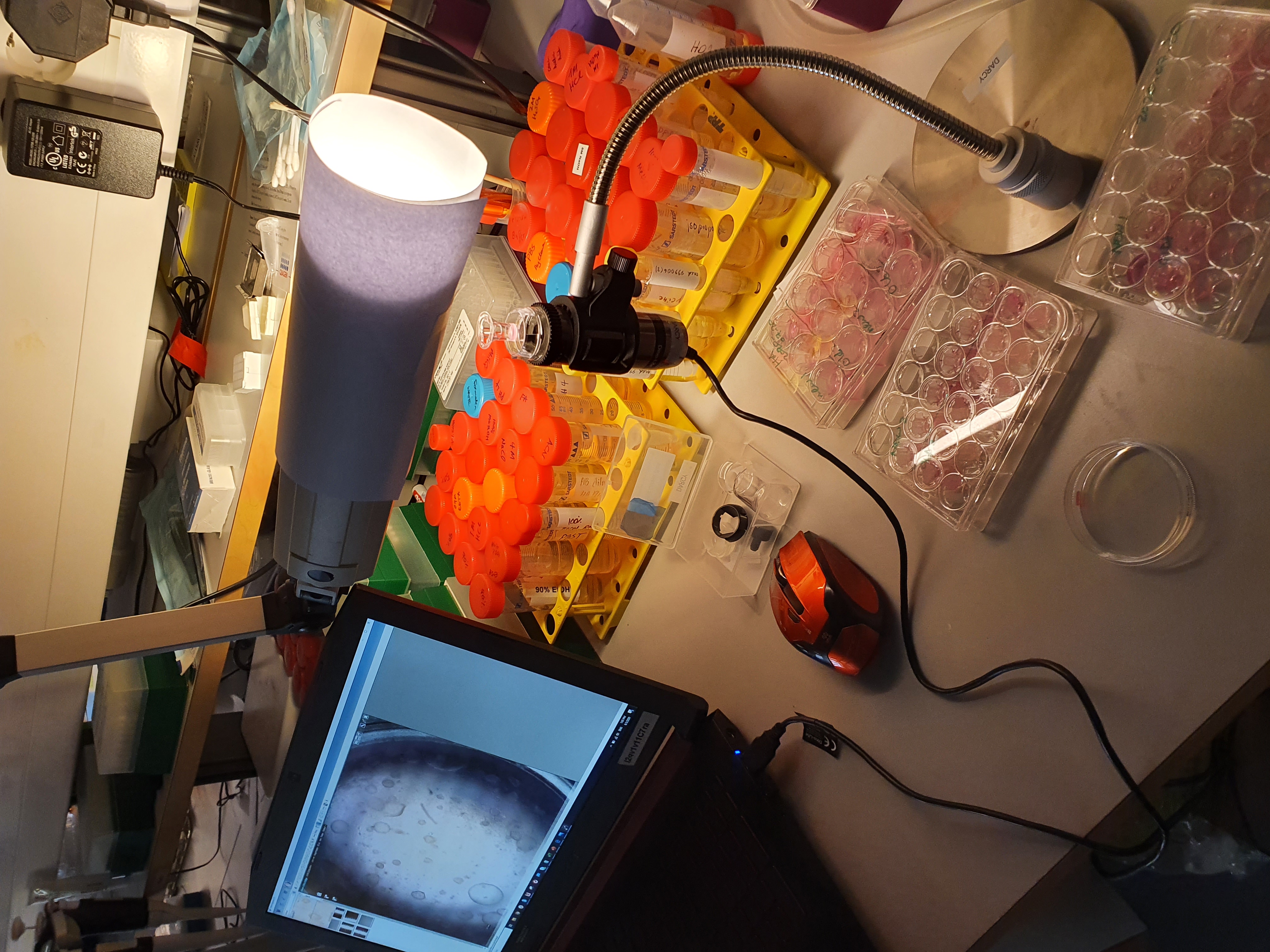
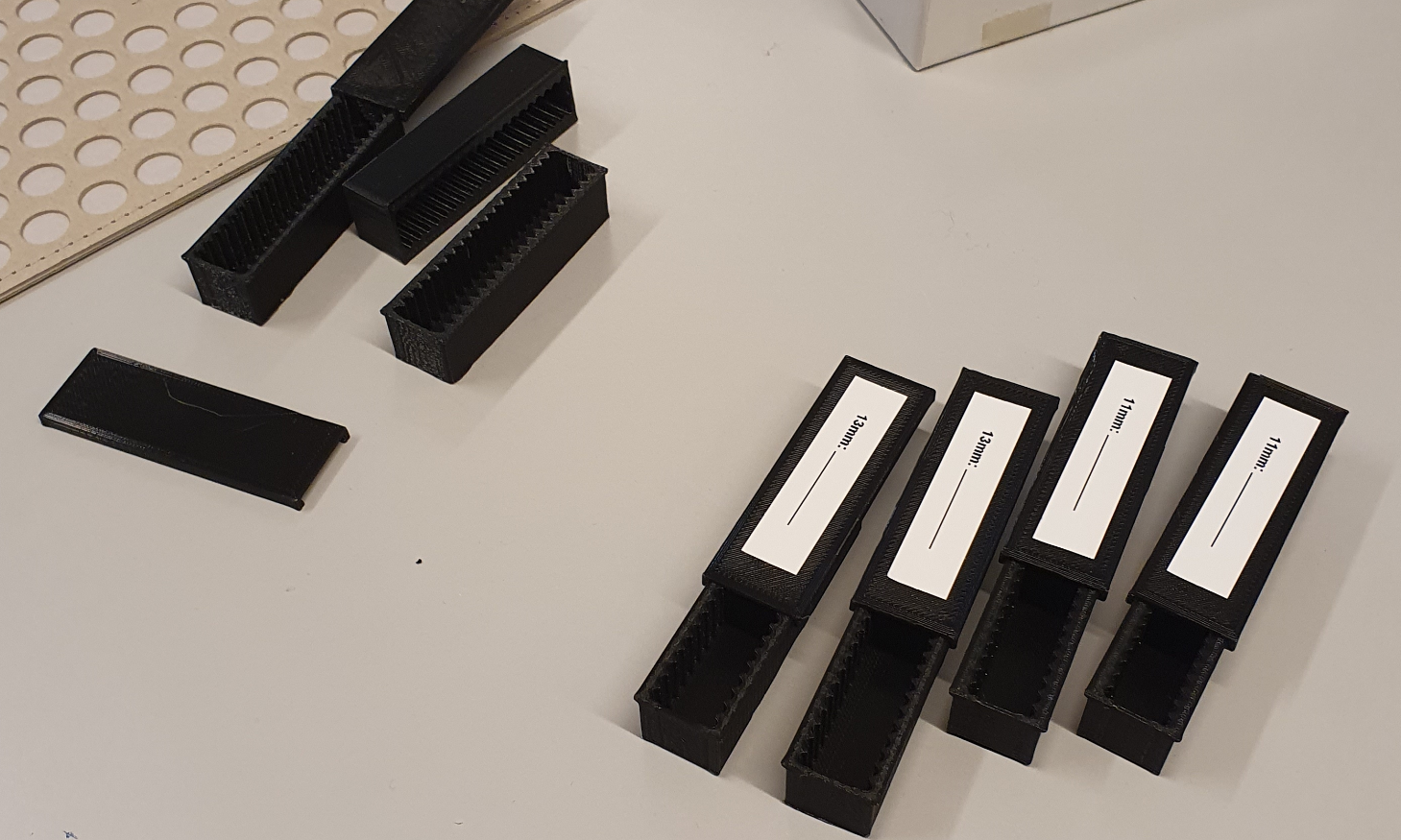
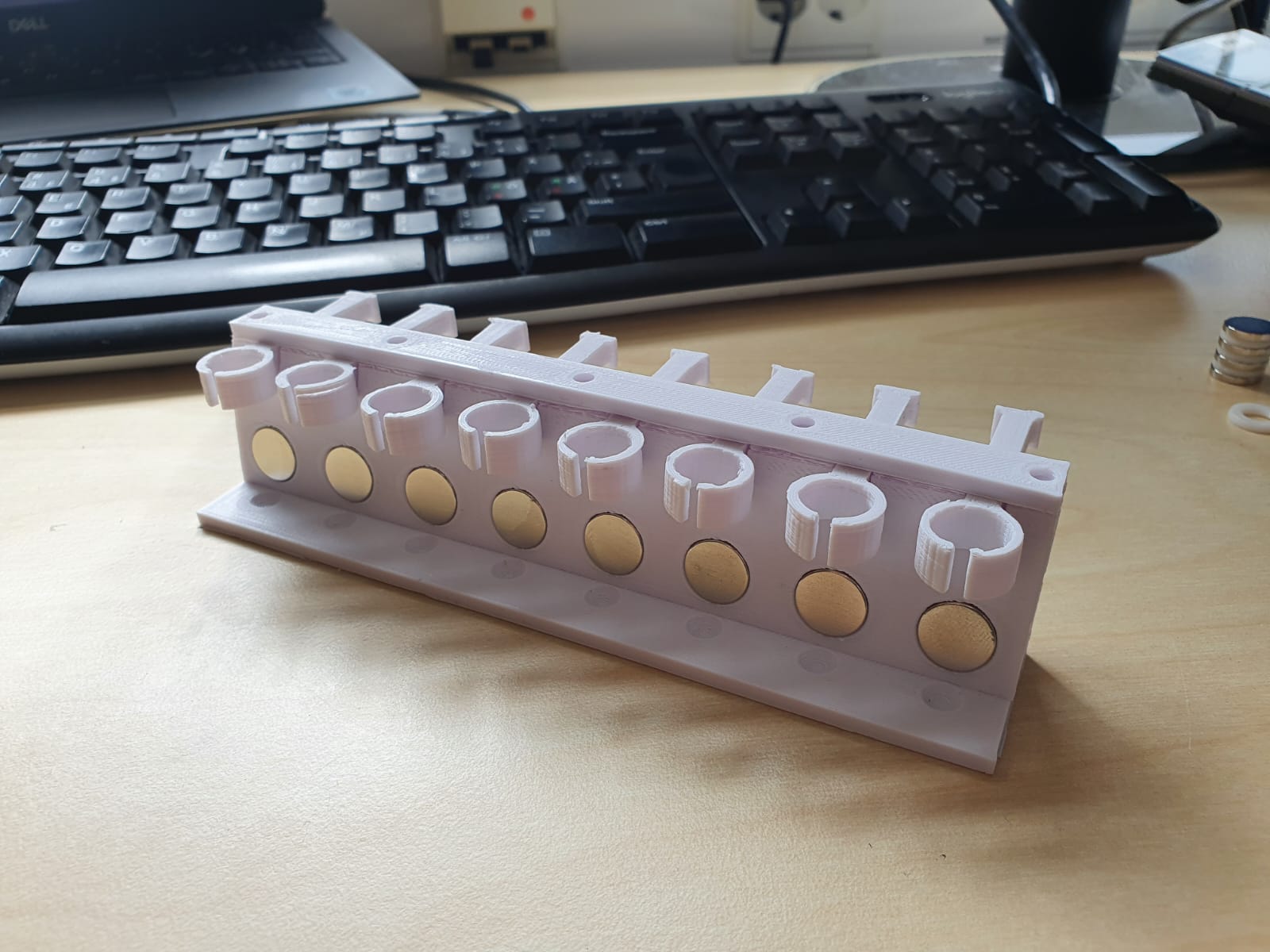
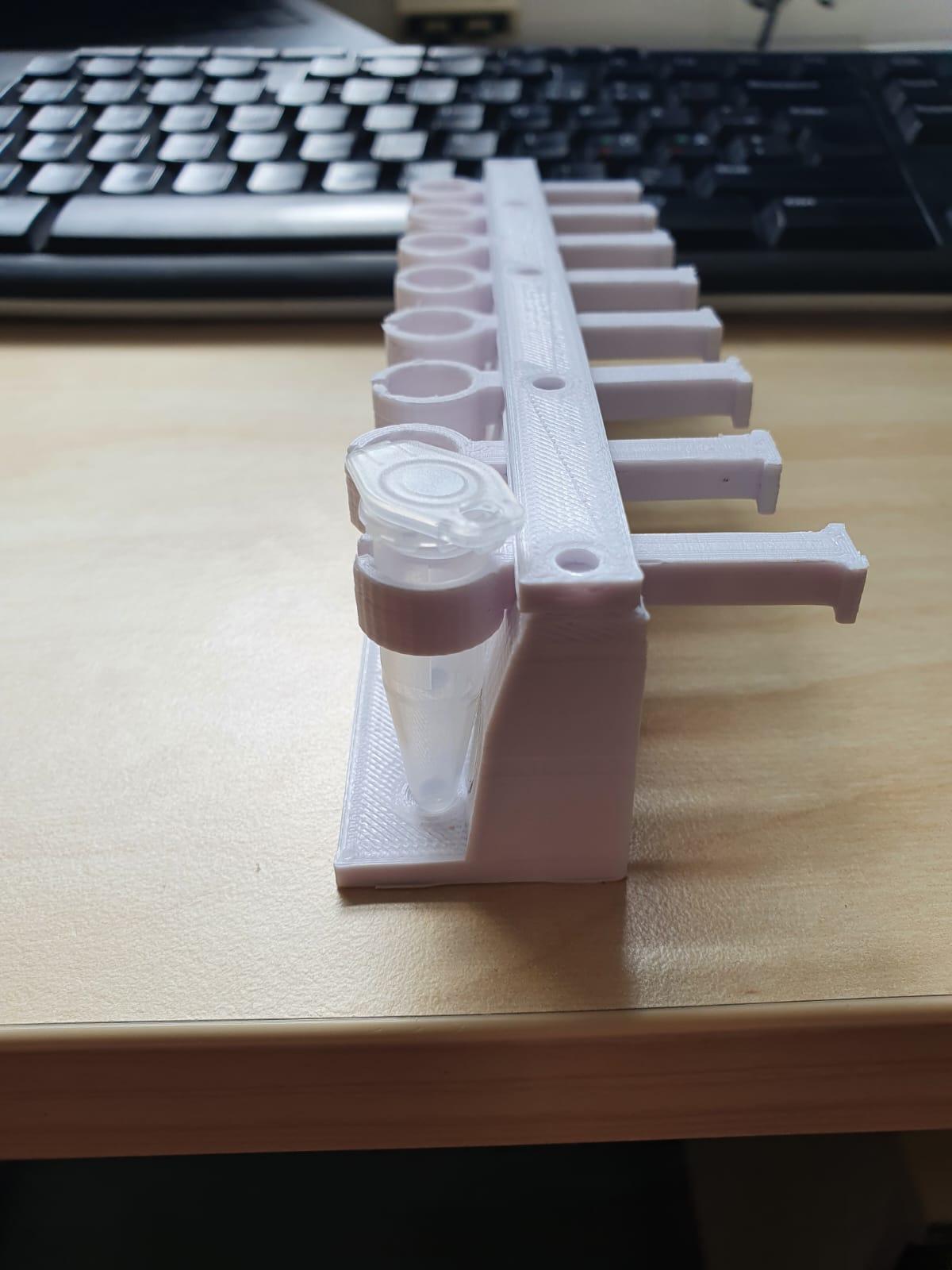
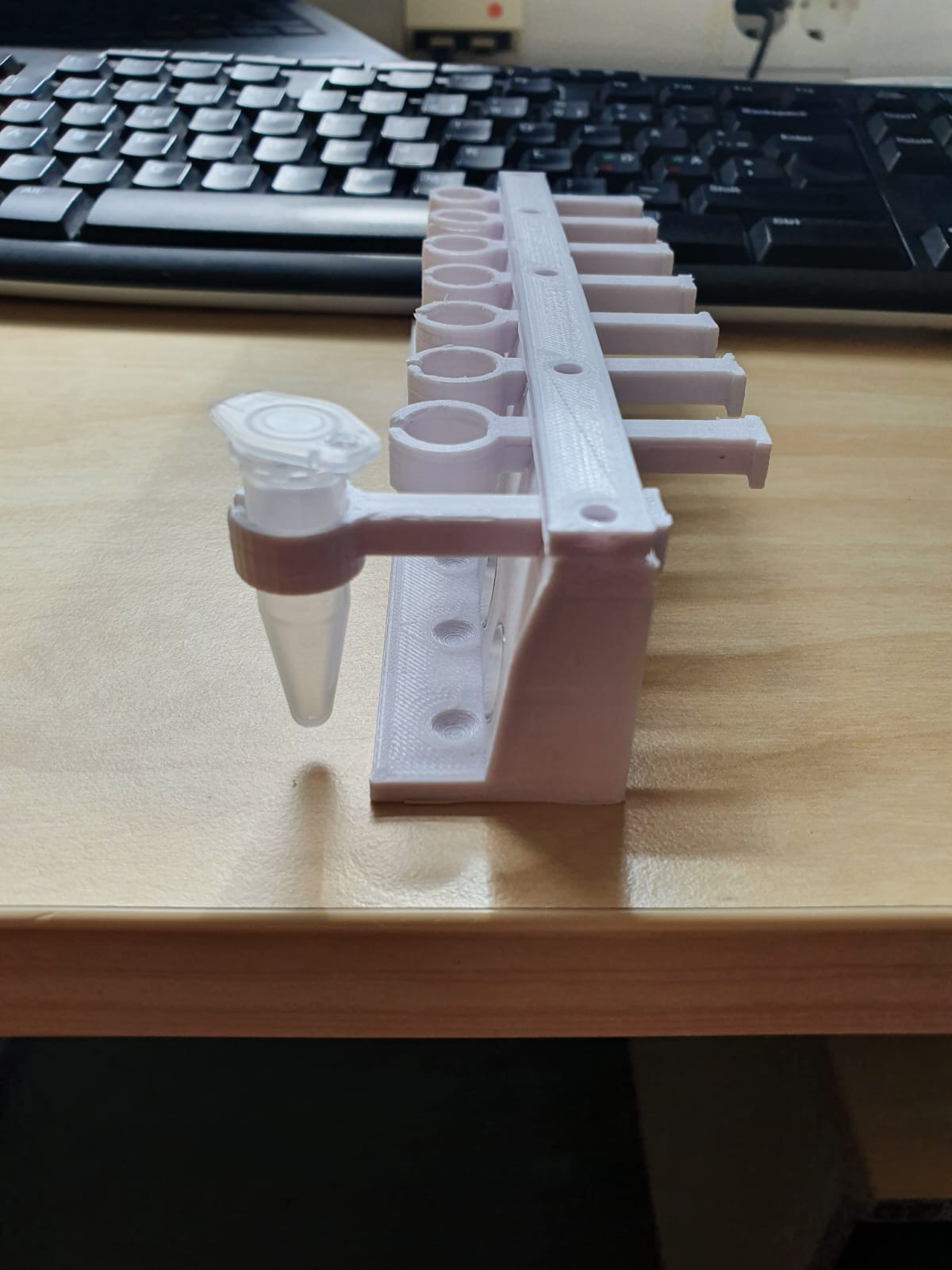
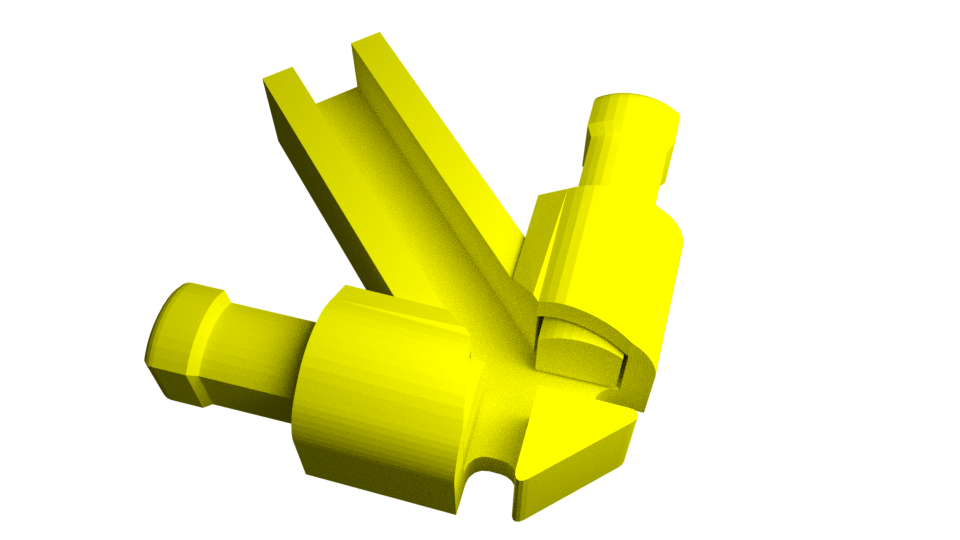
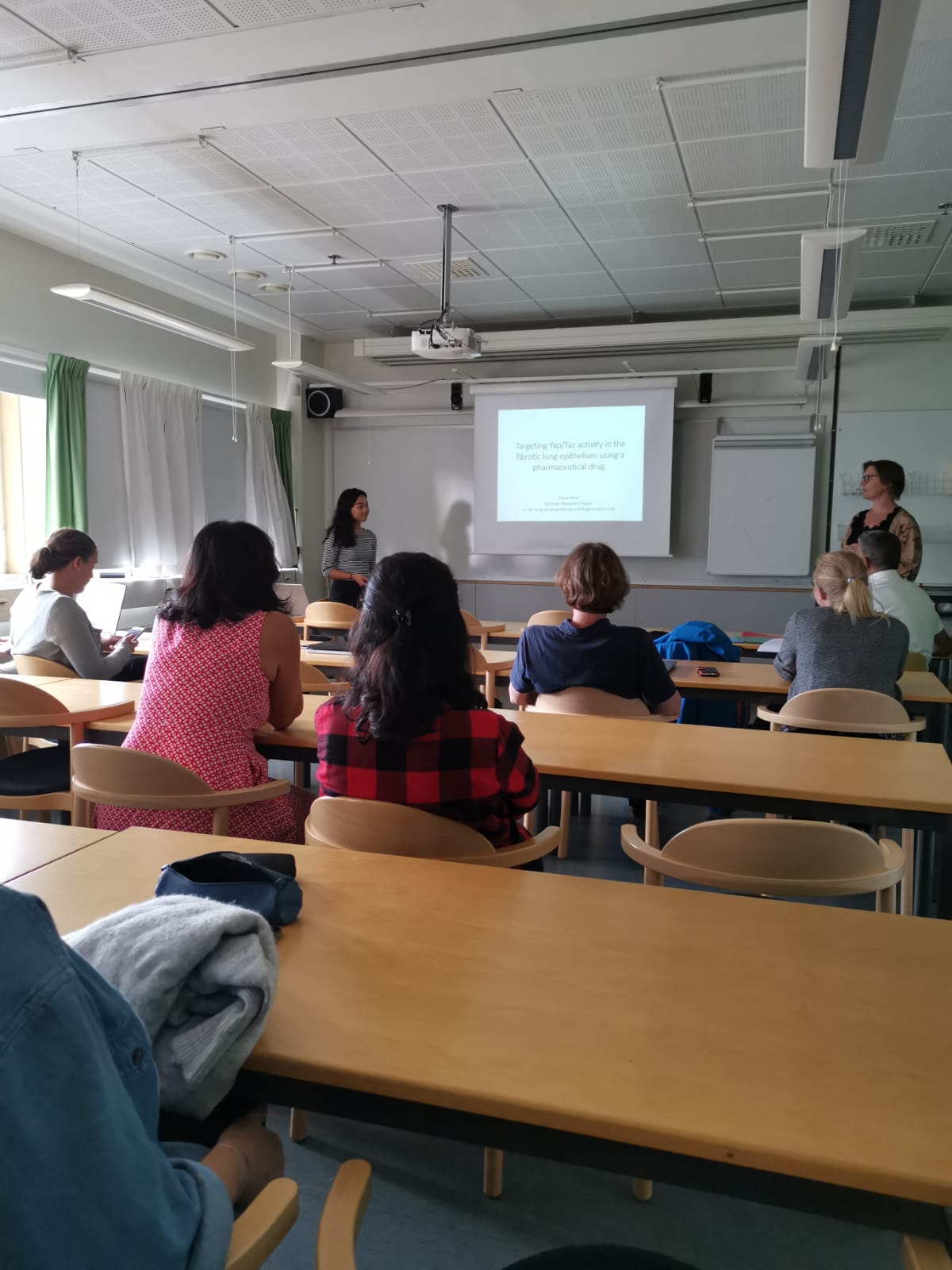
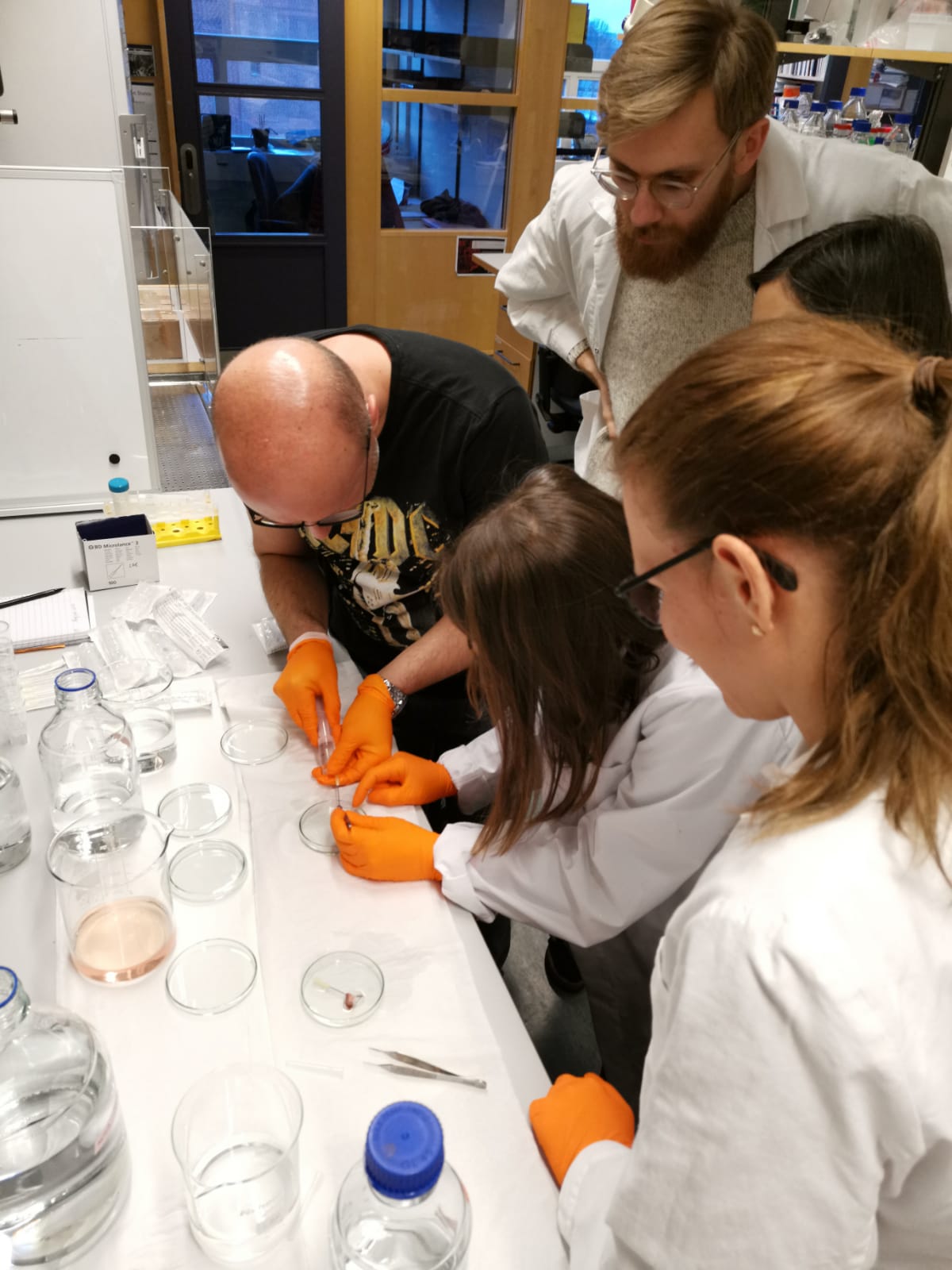
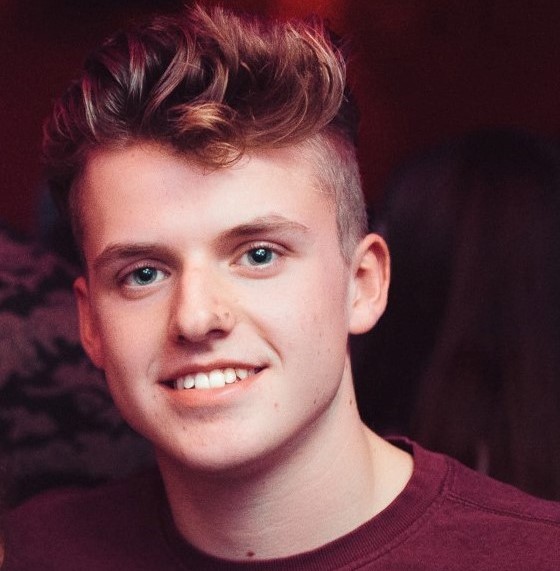
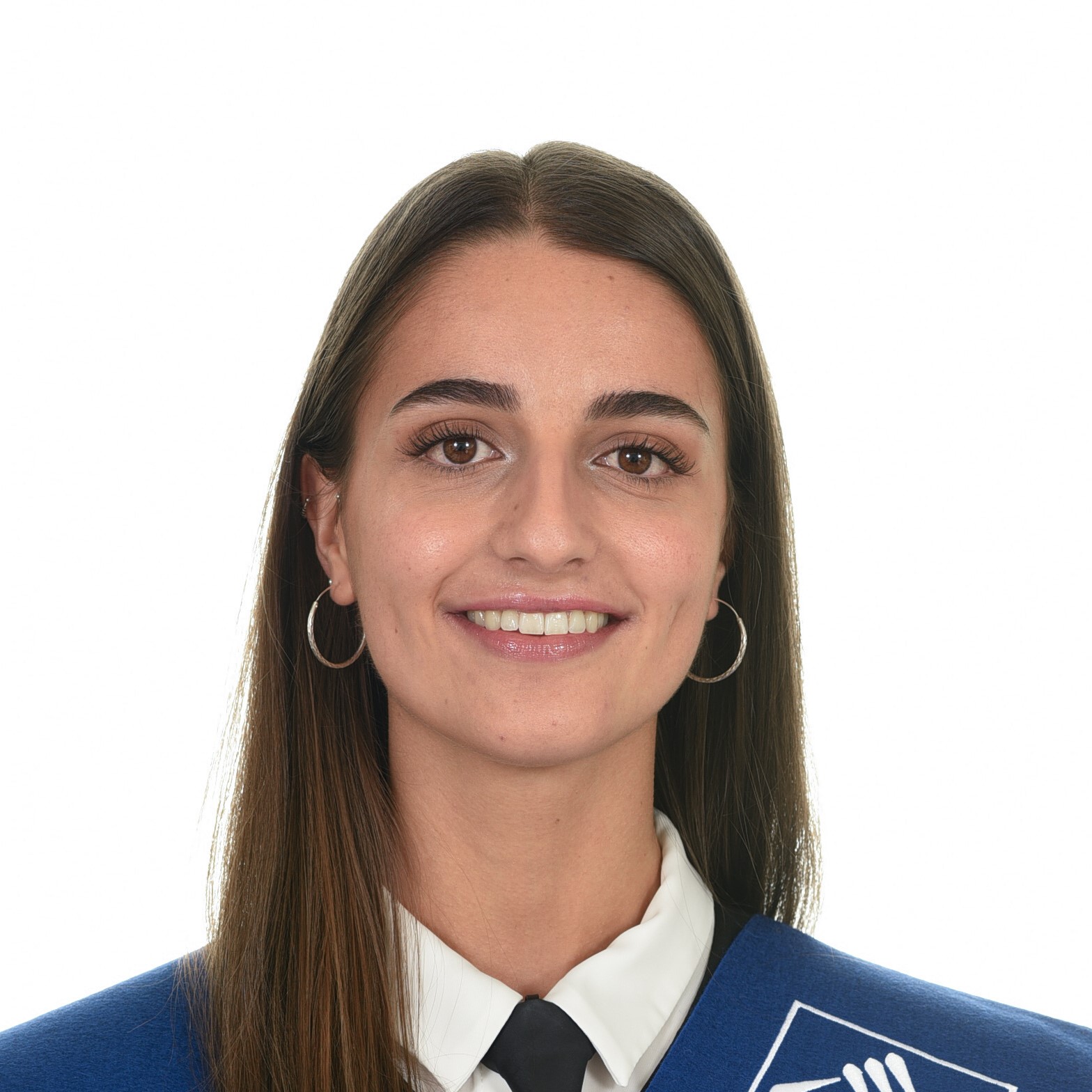 Download:
Download:
